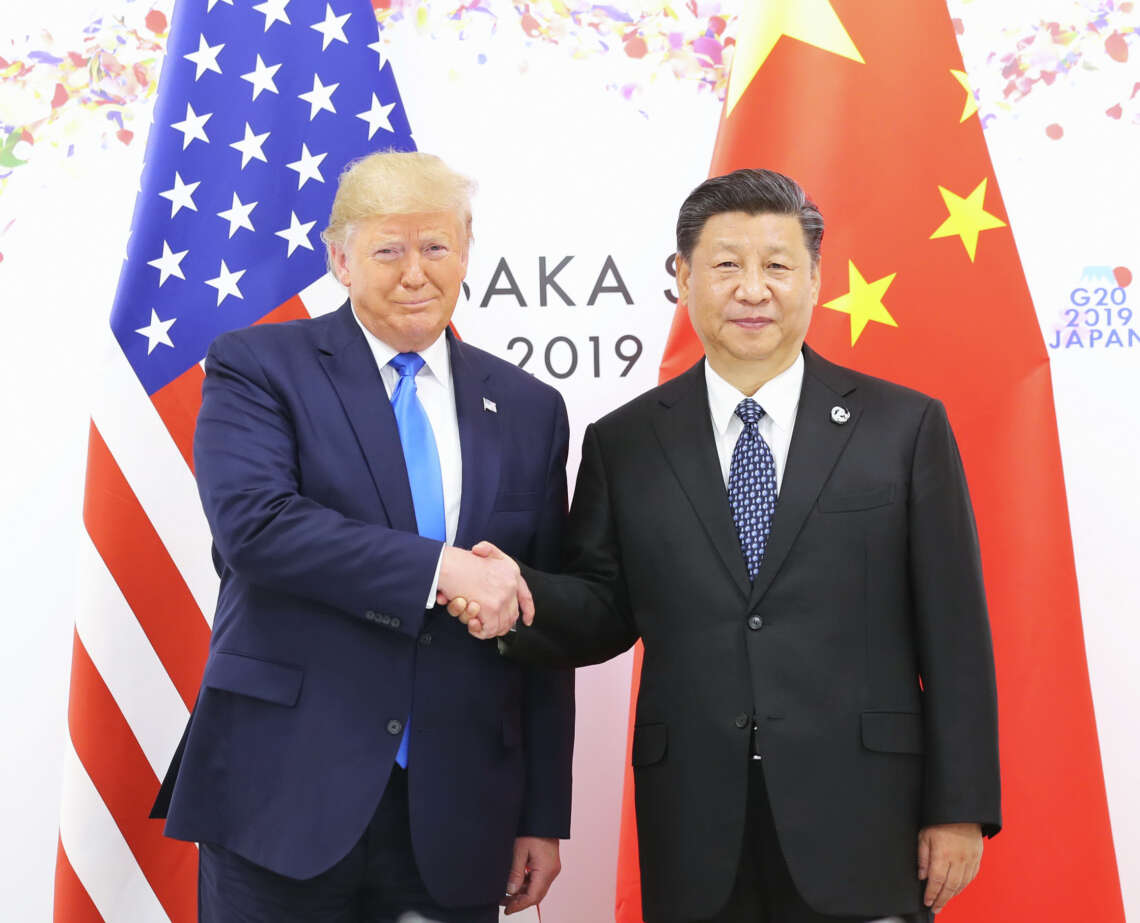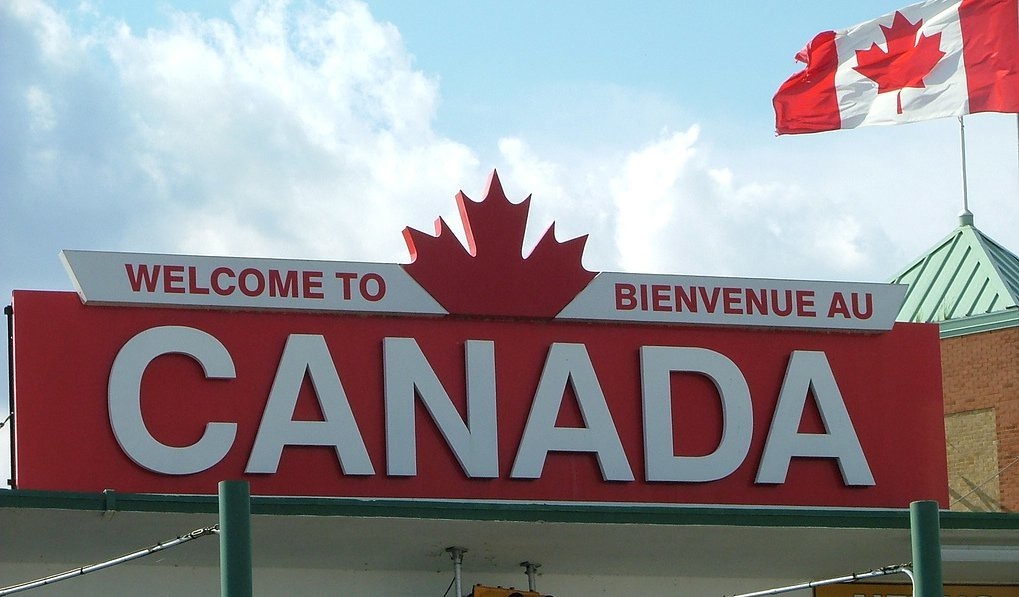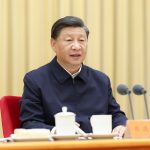Of the 1,622 Canadian adults surveyed, 53% felt that the government’s response was “not strong enough…reports Asian Lite News
A majority of Canadians want Prime Minister Justin Trudeau to take stronger action against alleged Chinese interference in Canada’s elections, according to a poll by Angus Reid Institute.
Of the 1,622 Canadian adults surveyed, 53% felt that the government’s response was “not strong enough,” while 41% said it was “about right.”
The poll follows a string of recent events, including the arbitrary detention of two Canadians by Beijing and media reports of election meddling, which have strained relations between the two countries.
Trudeau has acknowledged that there were attempts by the Chinese to interfere in the elections, but he has said that the outcome of both the 2019 and the 2021 polls were not altered. He has so far resisted calls for a broad public inquiry into the allegations.
The poll, which has a margin of error of plus or minus 2 percentage points, comes amid ongoing tensions between Canada and China over election and other security concerns.
Meanwhile, the Chinese embassy in Ottawa responded to the latest report in an email, saying the allegations were “baseless and defamatory”, Reuters reported.
Recently, the Canadian government blocked the short-form video app TikTok from official electronic devices. This makes the government the latest to announce restrictions on the short-form video app in light of cybersecurity concerns, CNN reported.
Government-issued devices will be blocked from downloading TikTok, and existing installations of the app will be removed, according to a statement by the Treasury Board of Canada Secretariat. The statement said: “Following a review of TikTok, the Chief Information Officer of Canada determined that it presents an unacceptable level of risk to privacy and security.”
The statement by Treasury Board President Mona Fortier said the decision is consistent with those of “our international partners.” The US federal government, along with more than half of US states and the European Commission, have all announced similar TikTok restrictions on devices they manage or permit on official networks, according to CNN.
Twitter in response to the ban said it was “curious” that Canada had announced the move “only after similar bans” in the EU and the United States, and without contacting TikTok about the concerns.
A TikTok spokesperson said: “We are always available to meet with our government officials to discuss how we protect the privacy and security of Canadians, but singling out TikTok in this way does nothing to achieve that shared goal. All it does is prevent officials from reaching the public on a platform loved by millions of Canadians.”
Concerns have been expressed by US and allied officials that TikTok or its Chinese parent, ByteDance, could be forced by the Chinese government to hand over the personal information of TikTok users.
According to a Canadian government statement: “While the risks of using this application are clear, we have no evidence at this point that government information has been compromised.”














